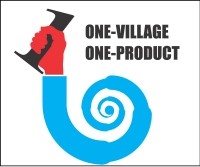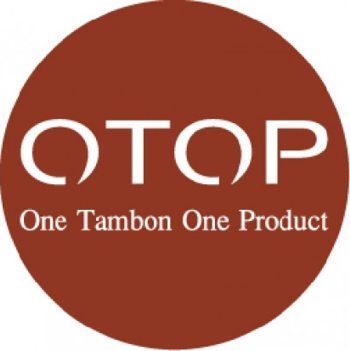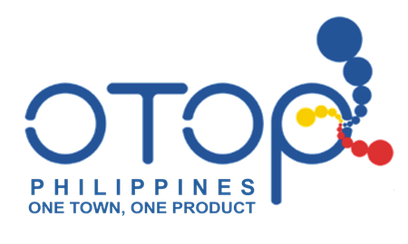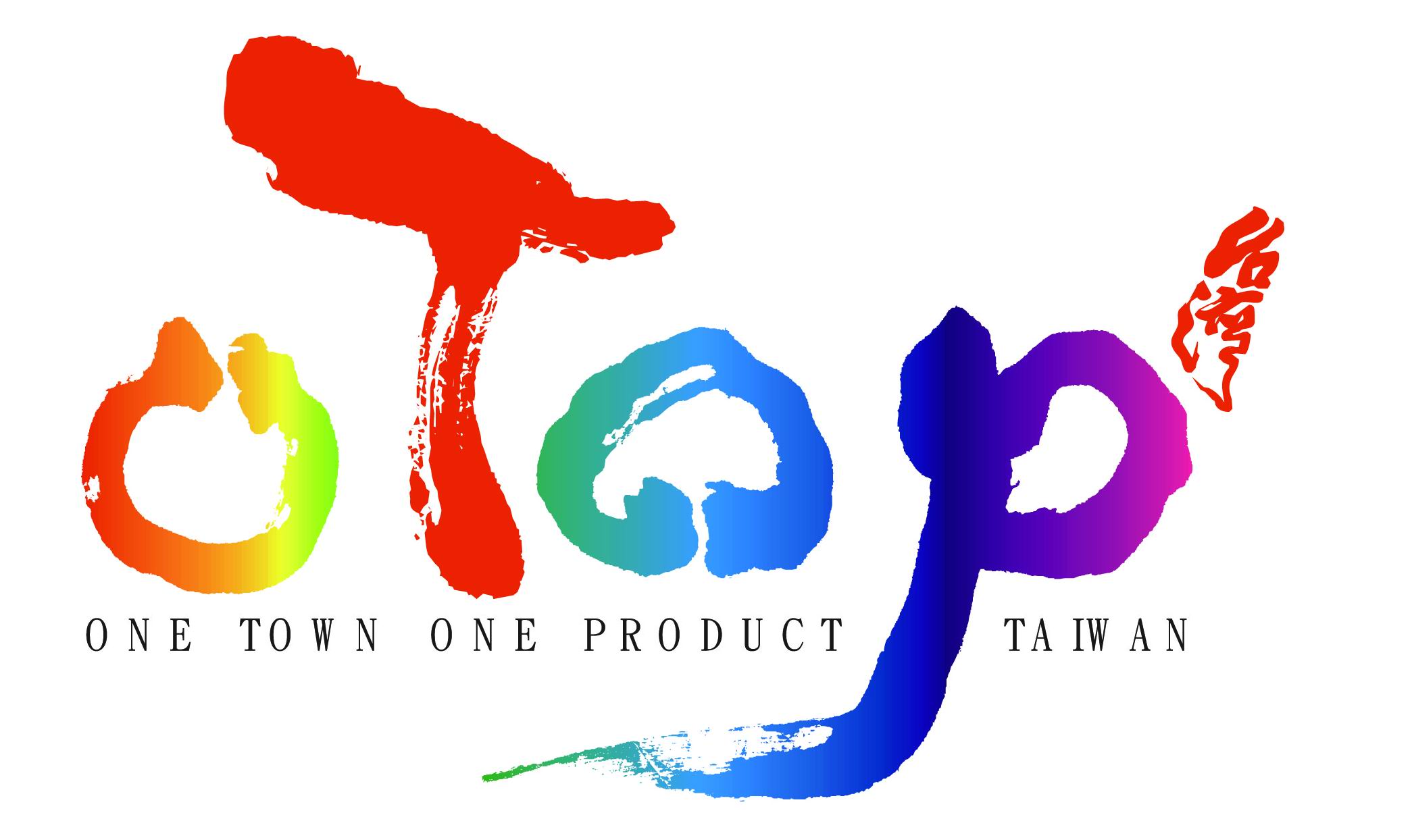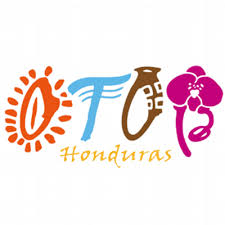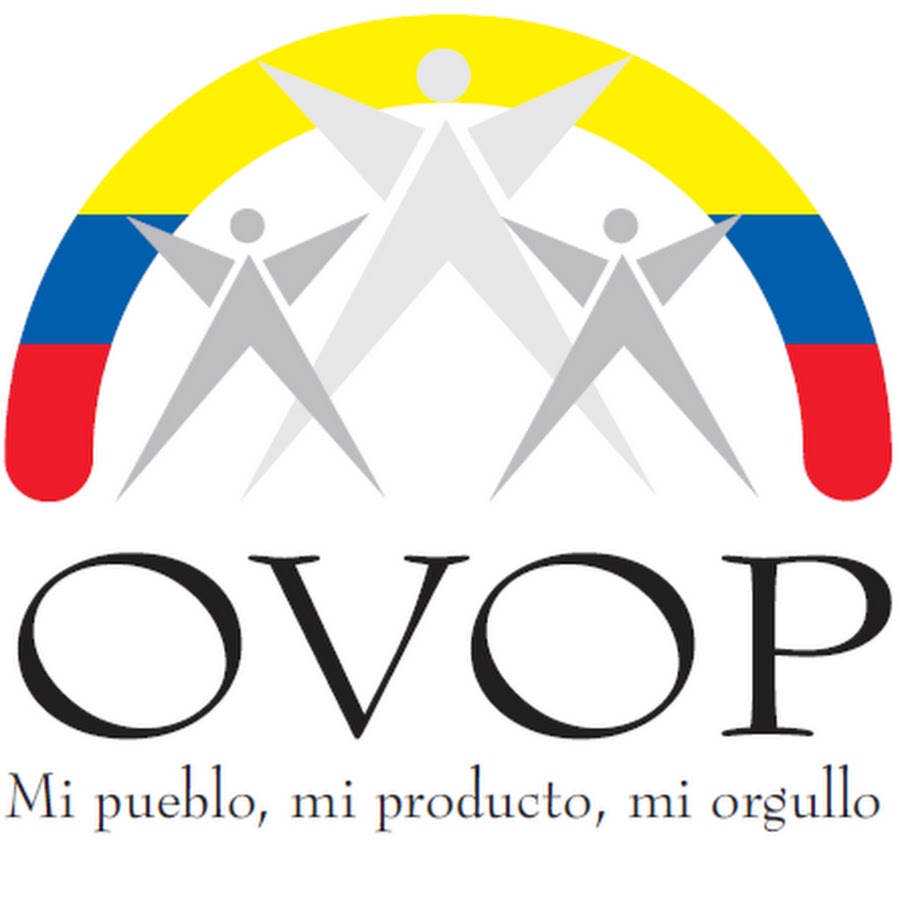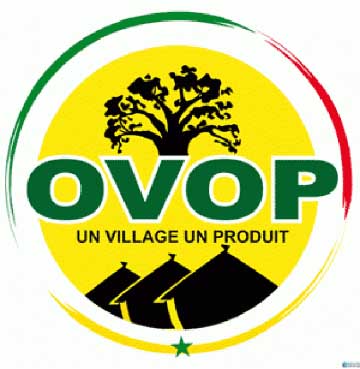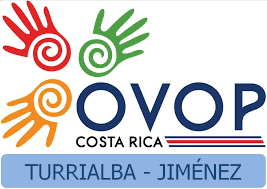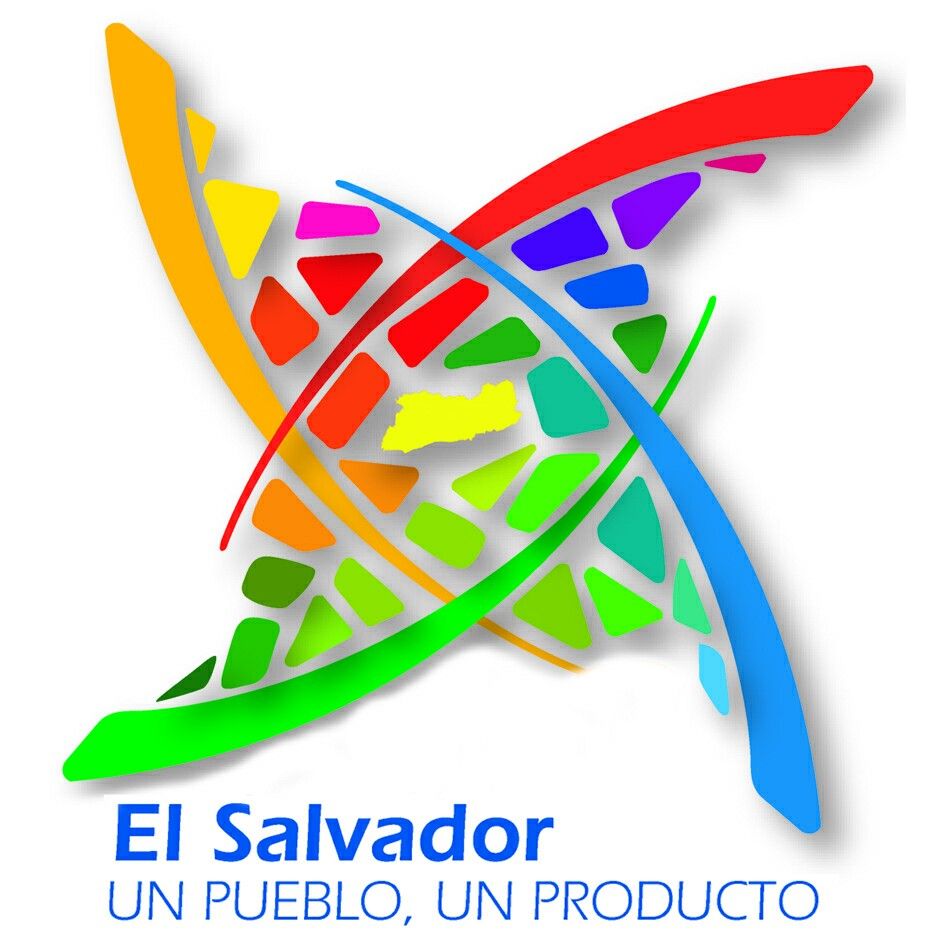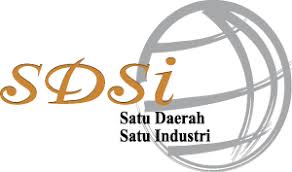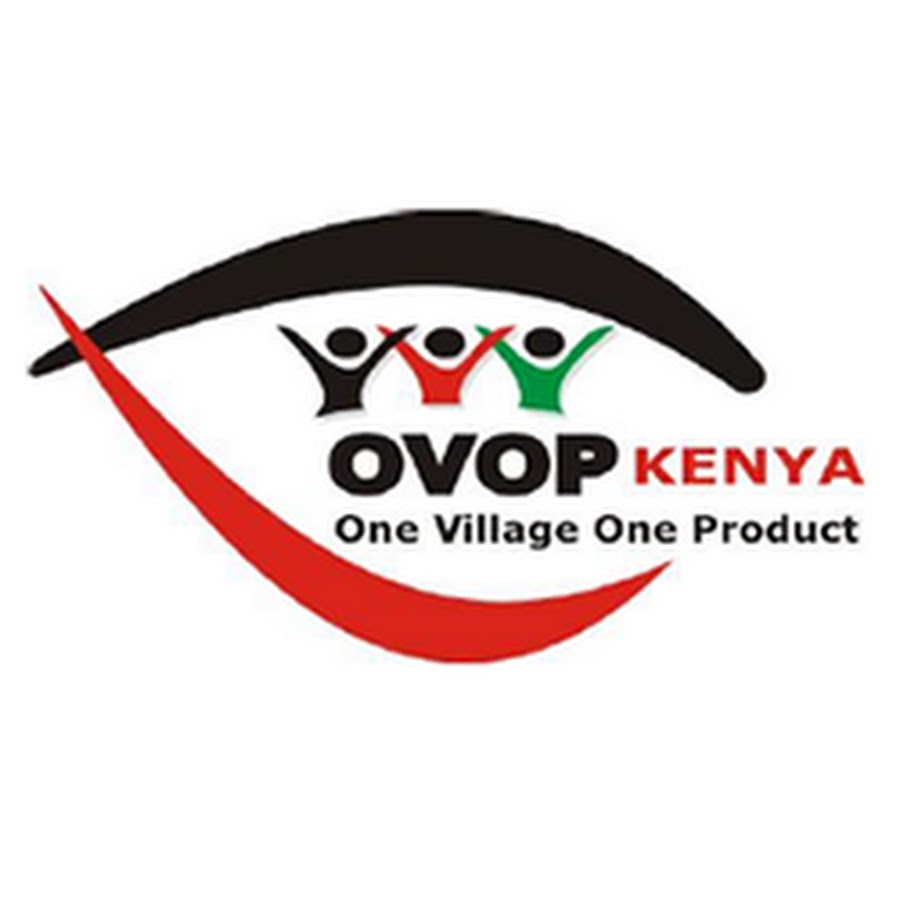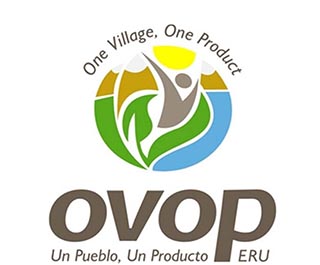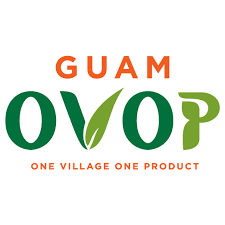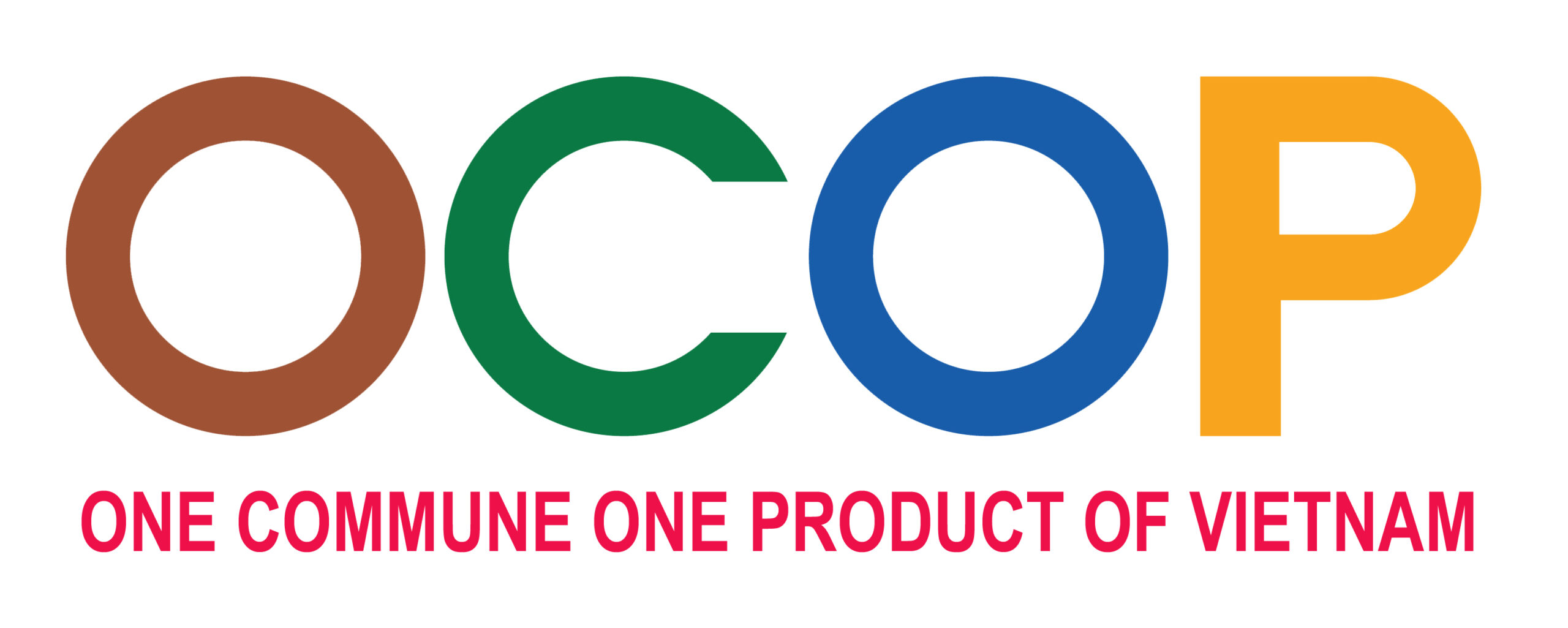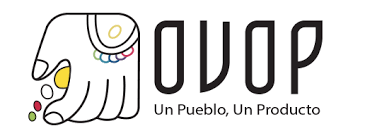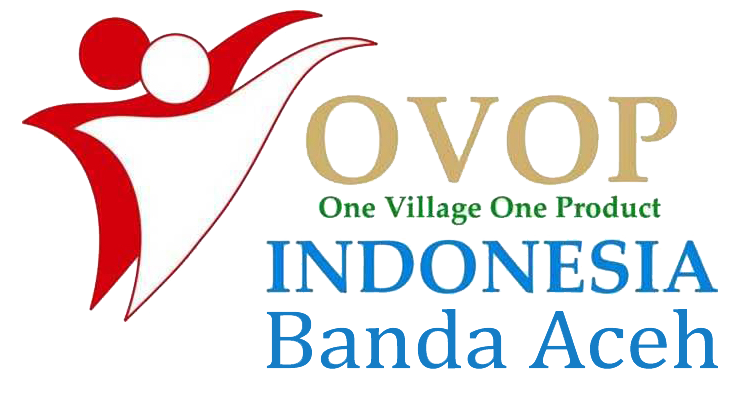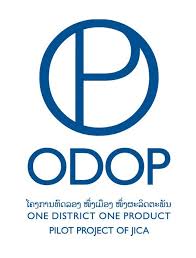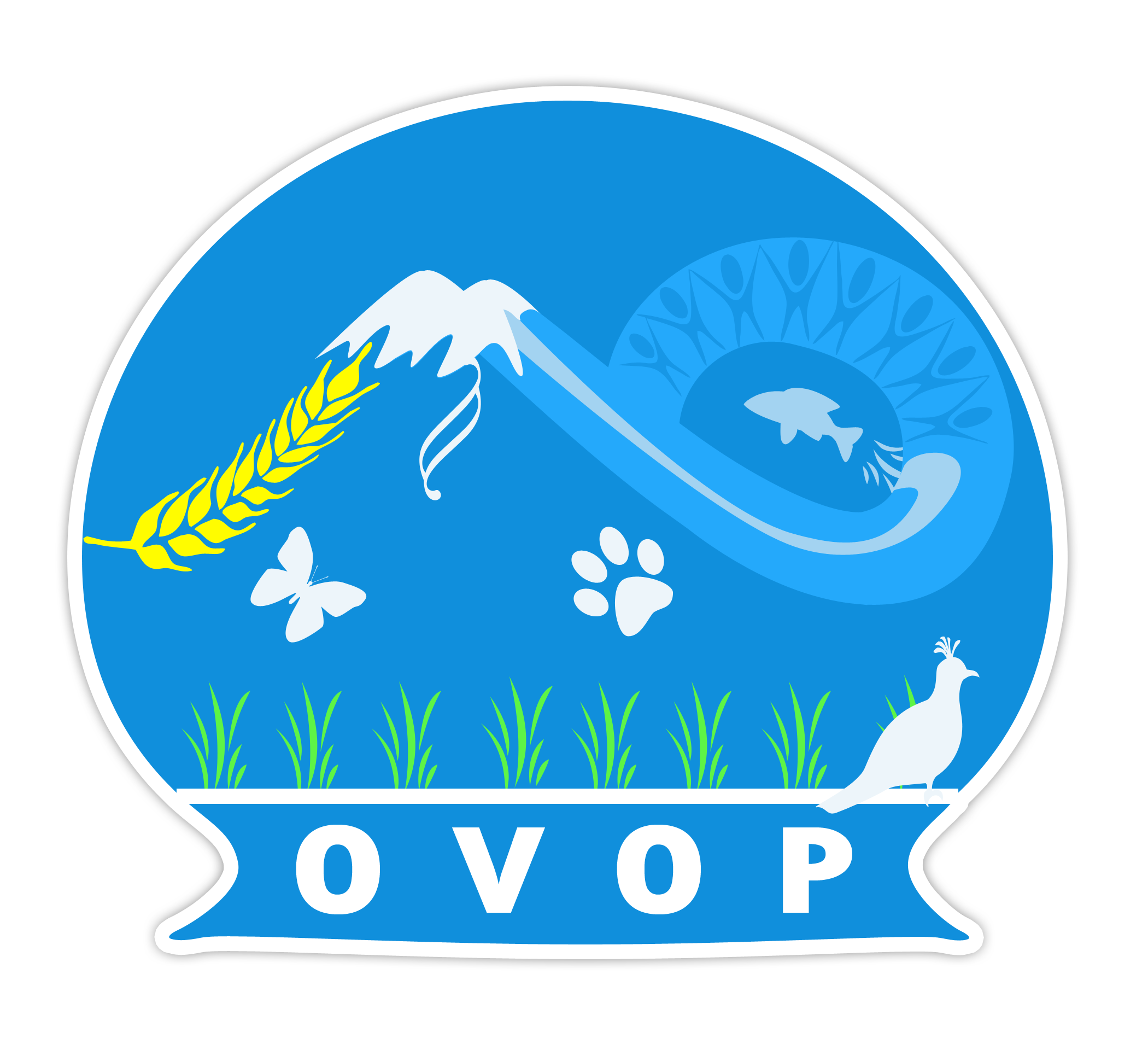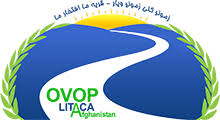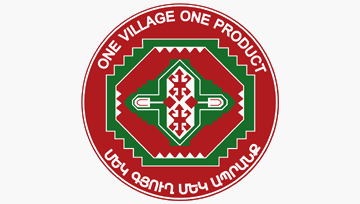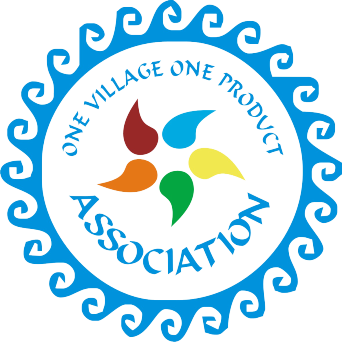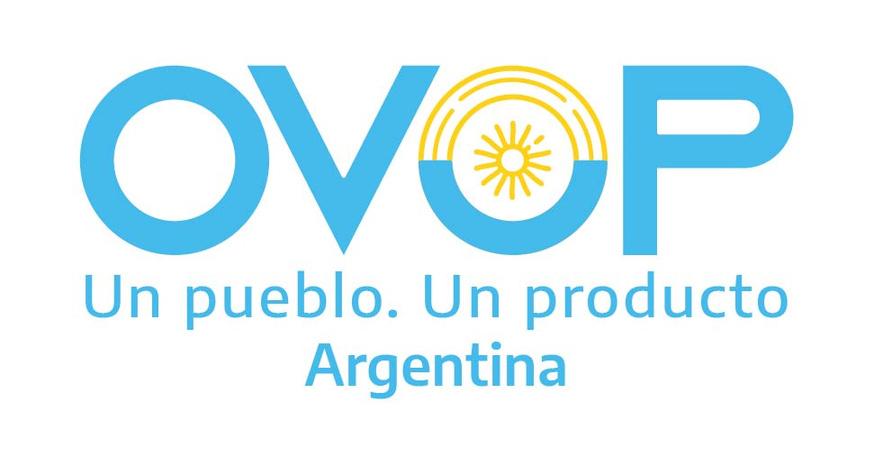Natural ingredients are used more and more in health products. This presents an opening for exporters in developing countries. But there are also mandatory and extra biodiversity requirements. Exporters should learn about terms like CITES, CBD and ABS. This will help them become successful in dealing with biodiversity. They should also consider joining industry charterers and certification schemes.
The natural products industry is hungry for new ingredients. Africa, Latin America and Asia have become important sources of natural ingredients. But many producers are missing out on export opportunities. One of the reasons is ethical sourcing and, in particular, respect for biodiversity. Buyers in Europe are questioning the sourcing of natural ingredients more and more. The CBI study on buyer requirements provides detailed information on the requirements when exporting natural ingredients for health products to Europe.
Ethical sourcing
Ethical sourcing is the responsible and sustainable production of ingredients. It takes into account environmental issues, human issues and social impacts. Many producers in developing countries are not aware of the importance of these issues when they begin exporting. CITES, CBD and ABS contain the most relevant ethical sourcing and biodiversity regulations for the trade of natural ingredients.
The Convention on International Trade in Endangered Species of Wild Fauna and Flora (CITES) is a multilateral treaty. It is also known as the Washington Convention. It aims to ensure that international trade in specimens of wild animals and plants does not threaten their survival. CITES is already important in Europe; it became a part of the EU law under Regulation No 338/97. If natural ingredients are from a protected species, then exporters need an export permit.
They also need to meet protocols from the Convention on Biological Diversity (CBD). These protocols stipulate how to use plant resources. Like CITES, CBD is an international treaty and part of EU law.
The Nagoya Protocol’s Access and Benefit-Sharing (ABS) guidelines set out how to share the benefits in a fair and equal way. It also shows how to access and use genetic resources and traditional knowledge. European companies need to follow ABS legislation. Producers in developing countries should also meet ABS guidelines.
Companies sourcing ethically
Ecovia Intelligence has carried out research on ethical sourcing on behalf of CBI. It shows that companies which source in an ethical way and meet these regulations have easier access to the European market. Examples of such companies include Candela Peru and Indfrag Biosciences.
Candela Peru sources natural ingredients from the Amazon and the Andes. It works with indigenous producers to collect Brazilian nuts and Amazonian oils. The natural ingredients have an organic label. The Peruvian company supplies to companies in Europe, North America and other regions.
Indfrag is an Indian company producing natural extracts. These are for use in the nutraceutical, food and personal care industries. The company deals with a wide range of extracts that are native to South Asia. These include garcinia, amla, arjuna, ashwagandha and turmeric.
The importance of certification
With so many companies looking to export to Europe, it is common for buyers to ask for certification. Candela Peru and Indfrag are both members of the Union for Ethical BioTrade (UEBT). The UEBT was established in 2007. Its mission is to encourage, validate and communicate good practices of companies. It showcases companies committed to ethical sourcing and innovation of raw materials. These innovations benefit people and biodiversity. UEBT members adhere to its ethical sourcing standards for natural raw materials.
Developing countries have large amounts of natural ingredients. But there is a growing pressure on exporters to prove the ethical source of their raw materials. Certification and industry groups play an important role in market access. This is becoming more and more important as COVID-19 disrupts supply chains. This makes being able to trace ingredients all the more essential.







